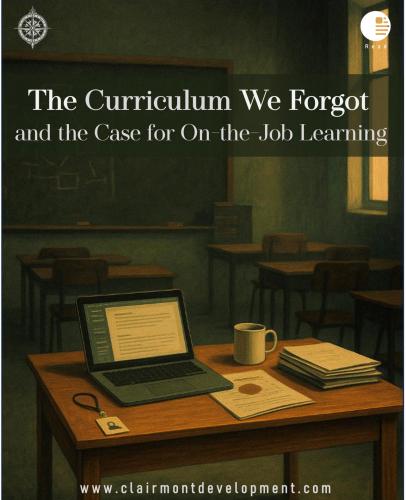We are Talking About Practice
When considering what to title this post, I quote from the basketball star Allen Iverson during his 2002 press conference when asked about missing a practice. He went on to say that he gives his all during the games and is confused about being called out from missing a practice. While the underling story there was about potential trades and salaries, it does bring up the idea of practice. I can only imagine the amount of practice a young Allan Iverson did to end up as one of the greatest basketball players ever.
I was recently reading the book AlphaBrain by Stephen Duneier and in it he references the term deliberate practice in the context of improving performance. The term comes up regularly in the context of human development. The most common place you see this is in the world of athletics or music. Early accounts of “superstar abilities” was often attributed to some innate special gifts that were bestowed upon select individuals. Sir Francis Glaton was one of the first to look at the potential of the inheritance of those skills. In his 1869 book Hereditary Genius his work was expanded to look at cognitive abilities outside of the world of athletics (an interesting note is he is the one to have coined the phrase nature vs nurture). Over the subsequent 150 years, a lot of research has been done around the idea of improving one’s performance.
In 1993 K. Anders Ericsson and others developed a framework that looked at the acquisition of expert performance and the concept around deliberate practice. They went on to state that it was not just innate abilities or the exposure to the activity, but the accumulated time spent working deliberately on a skill with an effort to improve.
It tends to make sense to me when considering athletics and music skills. The image of someone focusing on a skill over and over in anticipation of putting in on display. I think of my son who recently started karate. He goes to the dojo and works with his teacher on specific moves. He then goes through the house mimicking the moves committing them to memory. He is currently doing this in anticipation of performing them during the next belt promotion session.
What really is of interest to me is how do we take the concept of deliberate practice and apply it to the work environment. When we are conducting our duties at work, isn’t always “game time” or a “performance”? If that is the case, when and how to we practice?
Do we sit there and practice writing emails or a specific action such as doing a discounted cash flow analysis? Who has time to practice? We are all stretched at work, and the idea of doing something that does not have a direct impact seems odd and not productive.
So how does it work? We know something is good for us but how do we implement?
In the context of work, deliberate practice does not necessarily look like rehearsal of difficult tasks or the refinement of skills. However, if we take the underlying concepts of deliberate practice and apply that to work, we can start to identify what activities we do that can be considered deliberate practice. The key is that the activities meet two criteria to be labeled as deliberate practice:
1) The activity must be done with the goal of improving and individual’s competency in a particular task
2) The activity must be done on a regular basis where improvement can be tracked
It could be the collection of activities such as gathering information or seeking feedback on performance from domain experts. For example, some one that regularly reads through preparatory materials ahead of a meeting to expand their knowledge on a given topic. Similarly, if an individual consults colleagues on a consistent basis to learn from them regarding a task it would be considered as deliberate practice. If the same activities take place but done with another goal in mind or done sporadically, they fail to meet the requirements of deliberate practice. That is not to say that they are not important, but they don’t necessarily contribute to enhancing performance.
The aim of implementing deliberate practice into the workplace is to improve performance by increasing one’s competency levels in a given field. Given the dynamic nature of today’s work environment, it is essential for employees to be able to adapt to new settings. By developing a process in which competencies are developed will play an important role for one looking to stay ahead of the curve. There is a lot more to cover in this field which we will dive into in future posts but let this serve as the appetizer!
Like in sports and music, the results may not be apparent in the short term but with dedication and consistently they will emerge.






